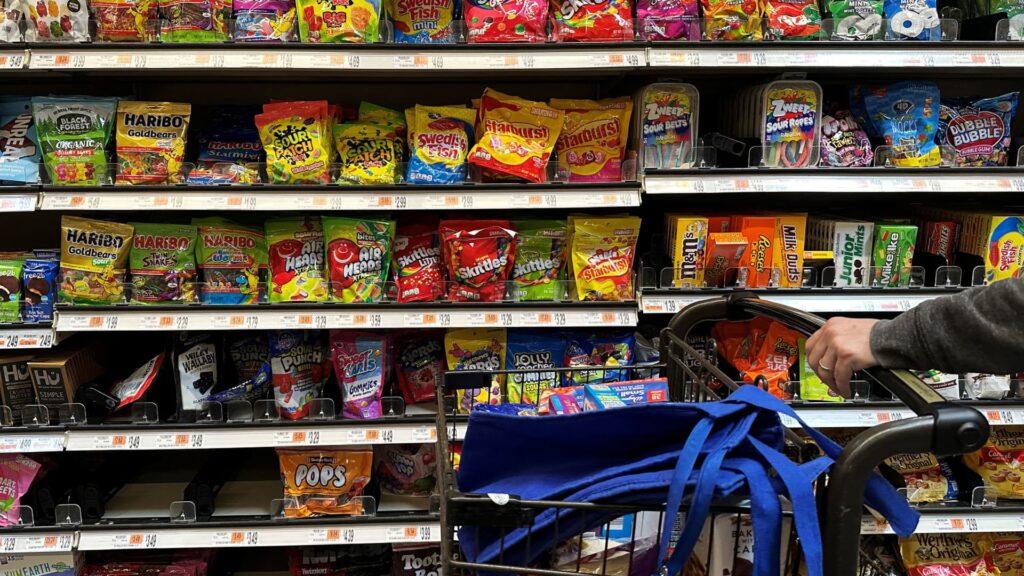
FDA announces food dye ban
FDA Announces Major Ban on Petroleum-Based Food Dyes by 2026: Industry-Wide Impact
Breaking: FDA’s Landmark Decision
In a groundbreaking announcement, the Food and Drug Administration has revealed plans to phase out all petroleum-based synthetic dyes from the U.S. food supply by the end of next year. This sweeping change will affect numerous popular products, from breakfast cereals to beverages, marking a significant shift in American food manufacturing practices.
The Scope of the Ban
The FDA’s comprehensive ban targets six major synthetic dyes currently in use:
- Red Dye 40
- Yellow Dye 5
- Yellow Dye 6
- Blue Dye 1
- Blue Dye 2
- Green Dye 2
Additionally, Red Dye 3 must be phased out by the end of next year, accelerating the previously announced 2027-2028 deadline.
Implementation Timeline
- Immediate: Setting national standards for transition
- Coming Weeks: Authorization of four new natural color additives
- End of 2025: Elimination of six synthetic dyes
- End of 2026: Complete phase-out of Red Dye 3
Industry Impact and Natural Alternatives
Major food companies including PepsiCo, General Mills, Mars, and WK Kellogg will need to reformulate many of their popular products. The FDA has suggested natural alternatives such as:
- Watermelon juice for red coloring
- Beet juice for red shades
- Carrot juice for yellow-red combinations
“For the last 50 years, American children have increasingly been living in a toxic soup of synthetic chemicals,” stated FDA Commissioner Marty Makary, emphasizing the health implications of this decision.
Consumer and Market Implications
While the FDA maintains that the transition won’t increase food prices, industry experts note that natural alternatives often require larger quantities and may involve higher production costs. Some companies have already experienced mixed results with natural alternatives:
- Kraft Heinz successfully transitioned their mac and cheese to natural colors in 2015
- General Mills faced challenges with naturally colored Trix cereal in 2017
- McCormick & Company is seeing increased demand for reformulation services
Health and Policy Context
The decision is backed by scientific research, including a Lancet study linking artificial colors to increased hyperactivity in children. While not a complete solution to child health issues, the FDA views this as a crucial step toward improving public health through food safety regulation.






